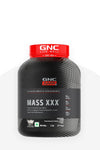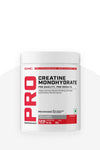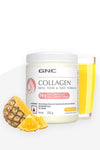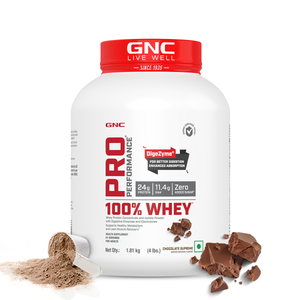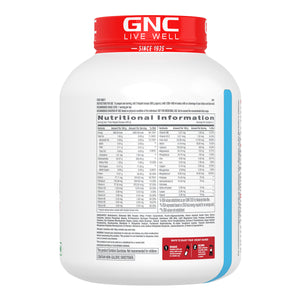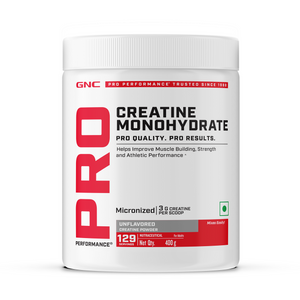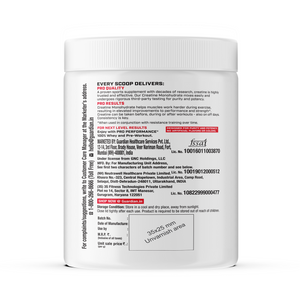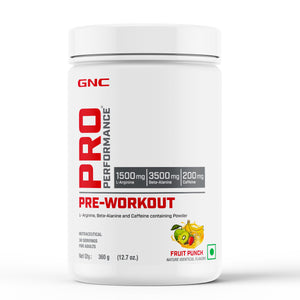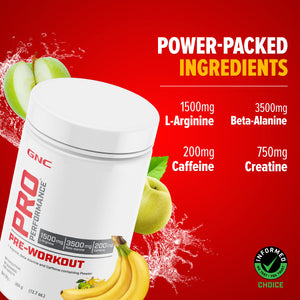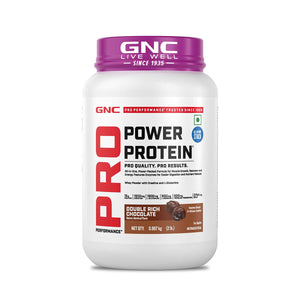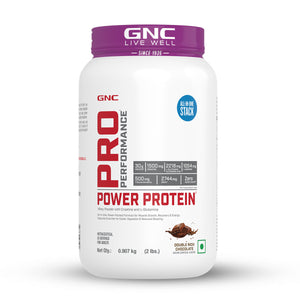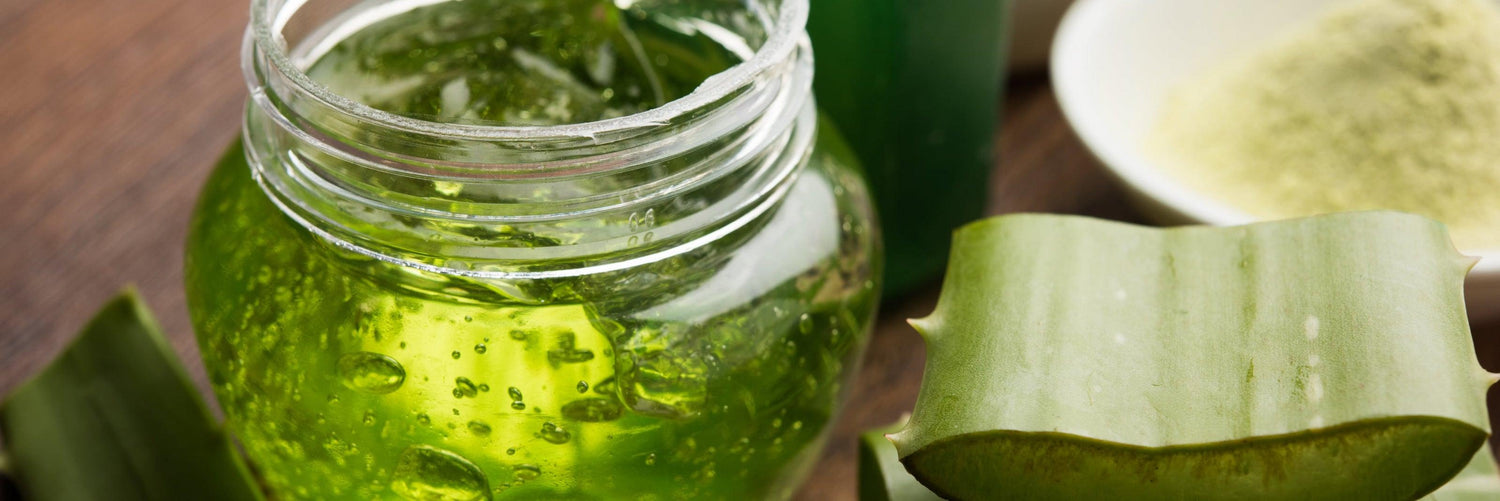
7 Scientific Benefits of Aloe Vera for Skin and Face
Healthy, beautiful, and glowing skin may seem like an impossibility in today’s hectic life. But some basic changes in our lifestyle can lead to your dream skin without much effort.
Aloe Vera- the magic plant! With a plethora of benefits under its belt, Aloe vera is truly a super-plant. Aloe-Vera is a versatile plant due to its rich content of Vitamin A, C, E, folic acid, choline, niacin, B6, B12 and contains about 20 crucial minerals, such as calcium, magnesium, zinc, iron, etc. Amazing, isn’t it? But, that is not all. It is also rich in amino acids (building blocks of protein) and fatty acids.
The presence of these vitamins and minerals helps aloe vera provide functional benefits too. It can be very useful in purifying the blood, maintain cardiovascular health, boost your immune system, may aid in weight loss.
Last but not the least, it also plays a major role in helping achieve lustrous hair and glowing skin. In this article, I will mainly focus on 7 scientific benefits of aloe vera for skin and face.
Soothes Sunburn
Aloe Vera gel has cooling properties and is also an anti-inflammatory. Research has also shown that aloe-vera may help in healing first and second degree burns on the skin too. One of the enzymes present in aloe vera, called bradykinase may play a role in anti-inflammation. Bradykinase helps to reduce excessive inflammation when applied to the skin topically, while others help in the breakdown of sugars and fats.
Healing Properties
Glucomannan, one of the polysaccharides present in aloe vera is majorly responsible for its role. Both GLucomannan and Gibberellin, a growth hormone present in aloe vera interacts with the growth factor receptors present on the fibroblast thereby stimulating its activity and proliferation, which in turn significantly increases collagen synthesis after topical application of aloe vera gel. This not only improves the collagen content but also helps in improving the type III of collagen, the most effective in healing wounds. Apart from collagen, even hyaluronic acid and dermatan sulfate has been shown to play a role in healing wounds.
Effects on skin exposure to UV and gamma radiation
Studies have also tried to study the effect on aloe vera gel on a protective effect against radiation damage to the skin. They could not find out the exact role, but the application of aloe vera gel helps releases an antioxidant protein, metallothionein on the skin. This protein helps scavenge free radicals and protects us from oxidation and damage by UV and gamma radiation.

Anti-aging effect
Aging of the skin is a very common problem due to increased pollution, lifestyle, and lack of nutrients. Aloe vera when applied on the skin can help improve the age of your skin through the help of mucopolysaccharides. Mucopolysaccharides may help in binding moisture into the skin. Aloe vera can also lead to an increase in collagen synthesis and elastin fiber making the skin more elastic and helps less wrinkled. The amino acids present in aloe vera also softens hardened skin cells and zinc acts as an astringent to tighten pores. Its moisturizing effects have also been studied in the treatment of dry skin associated with occupational exposure where aloe vera gel gloves improved skin integrity.
Reduces blemishes on the face
Hyperpigmentation or commonly known as dark spots on the skin can be difficult to get rid of. These marks can be there for many reasons. It can occur due to the aging of the skin, or excessive sun exposure or maybe acne. A compound called aloesin found in aloe vera plants can help reduce blemishes on your face. Two studies were conducted to understand the beneficial effect of aloesin on hyperpigmentation. It was found out that the topical application of aloesin can inhibit hyperpigmented skin from producing more melatonin. Melatonin Is a pigment, which can cause dark spots on your skin when overproduced.
Helps clear up acne
Aloe vera contains an antimicrobial substance to treat acne or pimples without causing any damage to the skin. It is also rich in antioxidants such as vitamin beta-carotene, C, and E, which can help neutralizes free radicals. Anthraquinones also present in aloe vera, especially Aloin and emodin can act as antibacterials and antivirals, thus protecting our face from pimples. In addition to this, aloe vera also contains salicylic acids, that possess anti-inflammatory and antibacterial properties and can help reduce white and blackheads.
Soothes psoriasis and eczema
Inflammation of the skin due to various reasons can lead to skin issues like psoriasis and eczema. This can affect skin health and compromised skin barrier. Both these problems can be addressed by aloe vera. Auxins and gibberellins are two hormones found in aloe vera and they can help in wound healing and have anti-inflammatory action. According to the Mayo Clinic, using aloe vera cream on psoriasis may also help reduce the scaling, redness, and irritation caused by the disorder
References:
- Surjushe, A., Vasani, R., & Saple, D. G. (2008). Aloe vera: a short review. Indian journal of dermatology, 53(4), 163–166.
- Shelton M. Aloe vera, its chemical and therapeutic properties. Int J Dermatol. 1991;30:679–83



